Think of Seattle’s workforce and you may imagine overworked tech employees at Amazon, Microsoft software developers, or Boeing engineers.
But the region’s workforce’s story is more complicated. Alongside the highly skilled workers driving the region’s strong growth since the Great Recession is an increasingly diverse youth population in South Seattle and its surrounding South King County suburbs often disconnected from the region’s trademark innovation economy.
As a result, the region faces a skills challenge as only one-quarter of the roughly one-half of King County adults who hold a bachelor’s degree are Washington natives. This limits both individual opportunity and long-term regional competitiveness: 67 percent of jobs in the state will demand postsecondary education within two years, according to an estimate from Georgetown University, but only 28 percent of students in South Seattle and the South King County suburbs receive a postsecondary credential by their mid-20s.
These challenges aren’t unique. Many regions are grappling with rising diversity’s impact on the labor force, and thinking about how educational programs and outreach need to adapt to reach diverse populations in an era of constrained resources and growing suburban poverty.
But Greater Seattle has an advantage over many communities: a committed group of cross-sector leaders working together as part of the Road Map Project and its ambitious goal “to double the number of students in South King County and South Seattle who are on track to graduate from college or earn a career credential by 2020 and to close racial/ethnic opportunity gaps.”
In the six years since it started, Road Map has tackled the region’s educational disparities in many ways: connecting students to scholarships, boosting parental involvement, and attracting a $40 million federal Race to the Top grant for the region’s school districts. Its approach follows the collective impact model, which emphasizes setting shared goals and coordinating resources and activities to magnify the impact beyond that of isolated interventions.
With four years left to meet its goal, Road Map released a report last month analyzing student success at the area’s community and technical colleges. This unique effort—marrying data from Road Map-area high schools with area community and technical colleges—produced a finely-grained view of 2011 high school graduates’ progress toward completion, tracking key criteria such as attaining college-readiness in math and completing 30 or more credits in the first year of college.
Community and technical colleges are critical institutions in the region—nearly one-third of 2011 Road Map-area high school graduates were direct enrollees—but the report found that only slightly more than one-third of those students successfully completed a degree or transferred to a four-year institution within three years. And outcomes for blacks, Latinos, and, in many cases, Native Americans, consistently trail those of whites and Asians.
In response, the Road Map report recommends a series of strategies aimed at attacking the problem from multiple directions, including working with high schools to boost college readiness, helping institutions improve their ability to deliver on student completion, adopting new culturally responsive strategies, and pushing for increased funding for both the institutions and student scholarships.
Filling these gaps and meeting the 2020 goal will be difficult. A different Road Map Project report highlights an improving high school graduation rate, but lagging enrollment of graduates directly into college. Nevertheless, the region’s collaborative approach of working across institutions and jurisdictions continues to hold great promise. As more regions confront similar demographic challenges and seek new solutions for boosting skills and opportunity, Greater Seattle offers a compelling case study in how to move beyond one-off collaborations and initiatives to achieve real systems change.



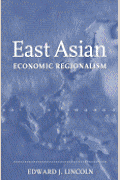
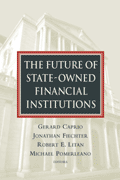
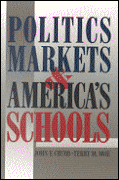
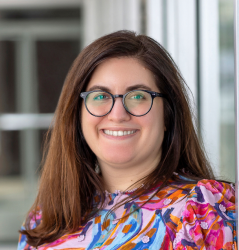
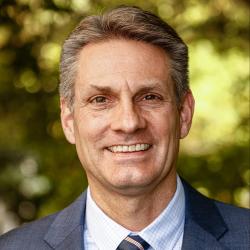


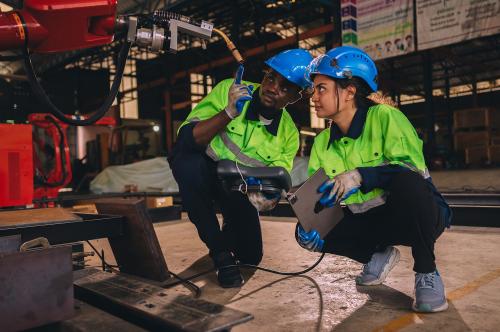
Commentary
The Road Map to post-secondary success in Greater Seattle
February 24, 2016